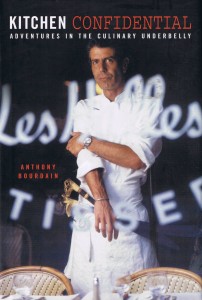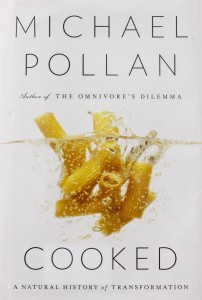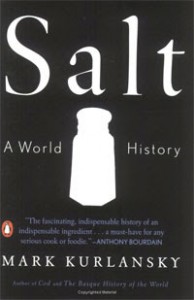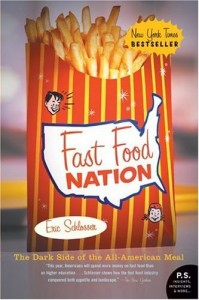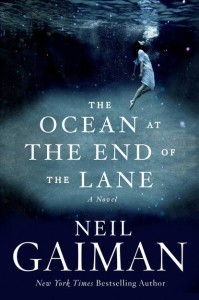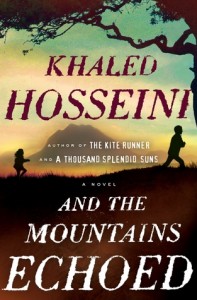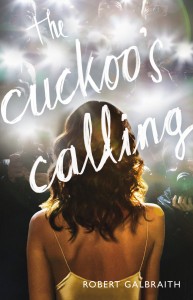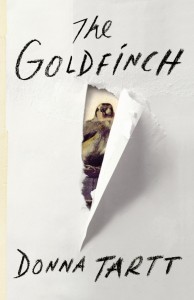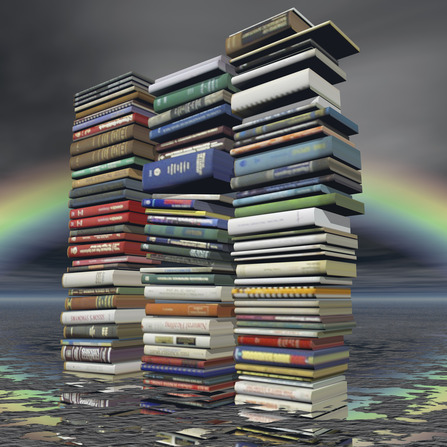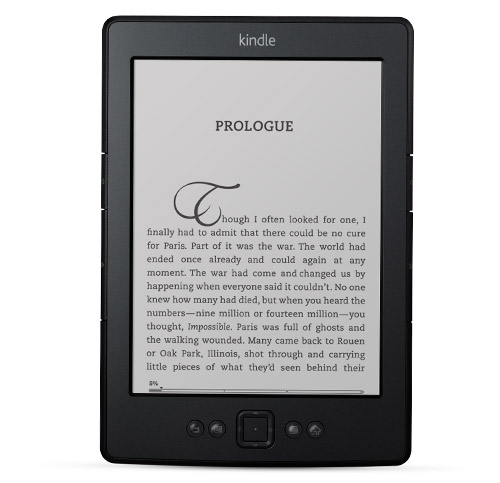When books become movies, we often see a spike in sales of the source material. That happened this year when Andy Weir’s 2011 novel, The Martian, became a major motion picture that garnered several Oscar nominations. In the wake of the visual spectacle In the Heart of the Sea, Nathaniel Philbrick’s 2000 non-fiction book of the same name soared into the upper echelon of the New York Times bestseller list. Meanwhile, it was the popularity of the books that brought Fifty Shades of Grey to the big screen in 2015, and not the other way around. In fact, if you look at the bestselling books of 2015, the temporary spikes in sales brought on by movie adaptations may bring some of these books from the back shelves to the checkout aisle endcaps, but it takes something else to keep them consistently at the top.
The following titles dominated the bestseller lists this year, and for a variety of reasons. When Harper Lee releases a surprise sequel to the classic To Kill a Mockingbird (one of our picks for Best Books of All Time), it’s going to show up on the bestseller list. Meanwhile, E.L. James went back to the well in her perplexingly popular erotic romance series. And other titles succeeded based on similarities to popular books from the recent past. Whatever the reason for their success, these titles are Amazon’s top-selling books of 2015.
(Compare them to the Top Selling Books for 2014, 2013, and 2012.)
The Girl on the Train by Paula Hawkins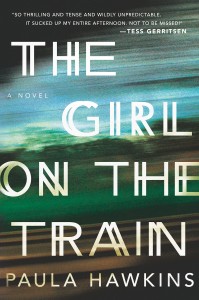
Favorably described as “the next Gone Girl” by many critics, Paula Hawkins’ The Girl on the Train debuted in early 2015 at the top spot on the New York Times fiction bestseller list. It would go on to hold that coveted spot for 13 consecutive weeks. Like Gone Girl, the story is told from the first-person perspectives of more than one character, and it also involves a murder. The title refers to Rachel, a 32-year old woman who has been driven to alcoholism by her infertility and divorce from a cheating husband. She rides a train everyday past her old home, and also becomes fixated on a seemingly loving couple living nearby. Her ex-husband has married his mistress, Anna (who also provides first-person narration along with her friend, Megan, who factors into the murder plot), but Rachel and Anna eventually join forces to unravel a mystery and catch a murderer. These intriguing elements combine to create Amazon’s top-selling book of 2015.
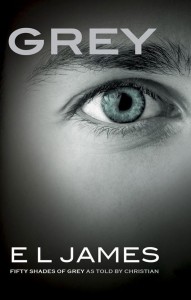 Grey: Fifty Shades of Grey as Told by Christian by E.L. James
Grey: Fifty Shades of Grey as Told by Christian by E.L. James
No one ever said that top-selling books had to possess literary merit. Despite her writing being widely criticized and even mocked, E.L. James continues to sell books by the millions. The success of your Fifty Shades trilogy not only led to a poorly-received film adaptation in 2015, but the erotic romance author also churned out a fourth book. Grey is James’ attempt at returning to the well by writing the same story from Fifty Shades of Grey but this time telling it from Christian’s perspective. The book has been largely criticized for its close similarity to the original tale, repeating dialogue verbatim in many instances. And James has been criticized for including Christian’s internal monologues, prompting many critics to claim that they are poorly written and that the titular character must lead a “vacuous mental life.” Despite all the negative reaction, the book is near the top of the bestselling charts for the year.
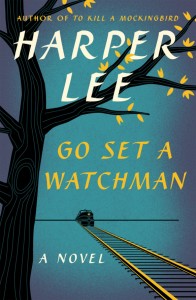 Go Set a Watchman by Harper Lee
Go Set a Watchman by Harper Lee
One of the most remarkable aspects of To Kill a Mockingbird, an American classic that is widely regarded as one of the best novels of all time, is that it was the only book author Harper Lee ever published. Pretty hard to top yourself when your debut work wins a Pulitzer Prize and becomes part of 20th century’s literary fabric. Lee published that book in her mid-30s and waited until she was almost 90 before she saw a followup novel hit the shelves. Go Set a Watchman was initially billed as a sequel, but Lee actually wrote the bulk of it before Mockingbird and it’s considered by many to simply be an earlier draft of that work. Amazon claims Watchman received the most pre-orders since the Harry Potter finale in 2007, but many readers were shocked to read about the death of one of Mockingbird‘s central characters, and to see an elderly Atticus Finch who spouts racist language, favors segregation and is far from the champion of equality that he is in Harper’s classic novel. Polarizing as the book may be (some people even believe the “discovery” of the long-lost manuscript is the result of someone exploiting the elderly Lee), it’s sold a huge number of copies.
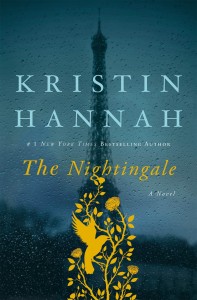 The Nightingale by Kristin Hannah
The Nightingale by Kristin Hannah
Name recognition goes a long way on the bestseller charts, and prolific novelist Kristin Hannah has churned out over 20 books in less than 25 years. Last year’s offering was The Nightingale, a historical fiction set in a World War II era French town. With so many war stories focusing on the men in combat or the generals and political leaders making the big decisions, The Nightingale instead views the horrors of the Nazi occupation through the eyes of two sisters, one who is the wife of a drafted solider and the other who has taken the great risk of joining the French Resistance movement, which puts her own life on the line. War brings out the best and worst in all of humanity, and The Nightingale has struck a chord with readers by telling the story of World War II and its horrors from the perspective of two brave sisters.
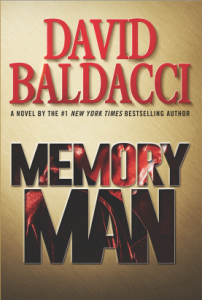 Memory Man by David Baldacci
Memory Man by David Baldacci
David Baldacci also benefits from name recognition, as he has published dozens of bestselling novels that most often fit nicely into the crime and thriller genres. All told, he has some 110 million copies of his books in print. Baldacci also has a penchant for writing book series that focus on a particular character, as he has recently done with his Will Robie and John Puller series. 2015’s Memory Man introduces new character Amos Decker, a man whose wife, daughter and brother-in-law are murdered. The title of the book is derived from the fact that Decker is unable to forget anything at all, no matter how minor the detail, due to a head injury he suffered playing football. When his family is murdered, he can’t get the details out of his mind. His life falls apart as the trauma causes him to leave his police detective job and lose his home. However, Decker is convinced to use his improbable memory to uncover what really happened to his family that night. Leave it to a bestselling genre writer like Baldacci to release a whodunit that people are clamoring to get their hands on. He’s even got the next installment of the Amos Decker series coming out in 2016.
